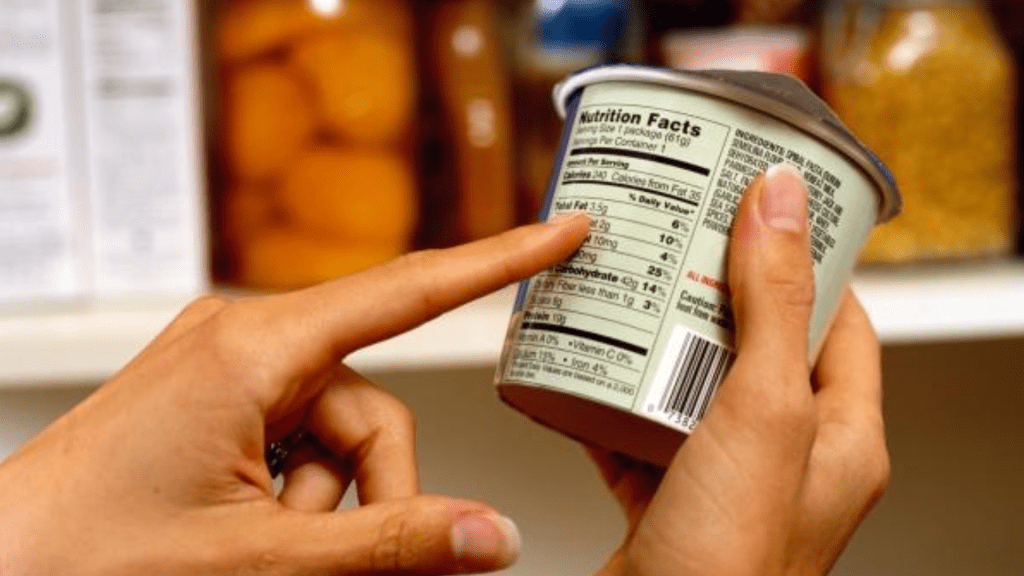A report from the Access to Nutrition Initiative (ATNI) indicates that merely 24% of sales for major packaged food companies in India come from products classified as “healthier.” The analysis, covering 1,901 products from the country’s top 20 food companies, discloses that a substantial 76% of sales originate from products categorized as “less healthy.”
“Nineteen of the 20 companies derive most of their sales revenues from less healthy products,” it added.
The 2023 edition of the India Index, released by ATNI in collaboration with Consumer Voice and CII, assessed the performance of the 20 largest F&B manufacturers in India. Collectively, these companies account for 36% of the total sales of processed foods in the country. The evaluated companies include Adani Wilmar, ITC, Hindustan Unilever, Britannia Industries, Coca-Cola India, Nestle India, Dabur India, PepsiCo India, Amul (GCMMF), Mondelez India, Parle Products, Marico, Haldiram’s, Mother Dairy, Patanjali, Agro Tech Foods, Hatsun Agro Products, Heritage Foods, KMF Nandini, and Lactalis India.
According to the 2023 India Index from ATNI, the average healthiness rating of companies’ products is reported as “1.9 stars out of 5.0.” More than half (55.6%) of all products in the market received a score of 1.5 out of 5 stars or lower.
In the overall score of the Index, ITC led with a score of 6.2, followed by Hindustan Unilever at 4.9 and Nestle India at 3.7. The evaluation encompassed diverse parameters such as product portfolio, accessibility, responsible marketing, nutrition governance, labeling, and workforce nutrition among others, analyzing the performance of the top 20 players.
“Seven out of 20 indexed companies report having at least one (re)formulation target in place to reduce nutrients of concern (e.g., sodium, saturated fat, sugar) in their portfolio and half of the companies have a nutrition strategy in place,” the report added.
The report noted that seven out of the 20 companies had publicly available policies on responsible marketing to children. Simultaneously, six of these companies present nutritional information on the front of the pack (FOP) in a numerical format for key nutrients.
Greg S Garrett, Executive Director, ATNI, said, “The third edition of the Index puts a lot more emphasis on the product portfolio in terms of how healthy are the food products sold by these companies. All the 20 companies have made some progress in some way. But the F&B industry has a huge opportunity to improve their product offerings making them healthier and more affordable for Indian consumers.”
“One of the key takeaways has been that the consumption of processed food products has gone up significantly over the years. The food and beverage (F&B) industry plays an increasingly pivotal role in determining what consumers in India eat, the quality of their diets, and resulting health impacts. So the industry has a responsibility to make their food products healthier,” he added.
The ATNI report highlighted the absence of a universally agreed-upon definition for healthy food, leading companies to rely on their own interpretations that may not align with recognized national or international standards. ATNI has called upon the government to collaborate with stakeholders in defining a clear and transparent classification for processed foods, including setting thresholds for salt, sugar, and fat, along with the establishment of a nutrient profiling system.
The international non-profit organization has also urged all companies to guarantee that a minimum of 50% of their product portfolios align with healthy standards by the year 2030.
